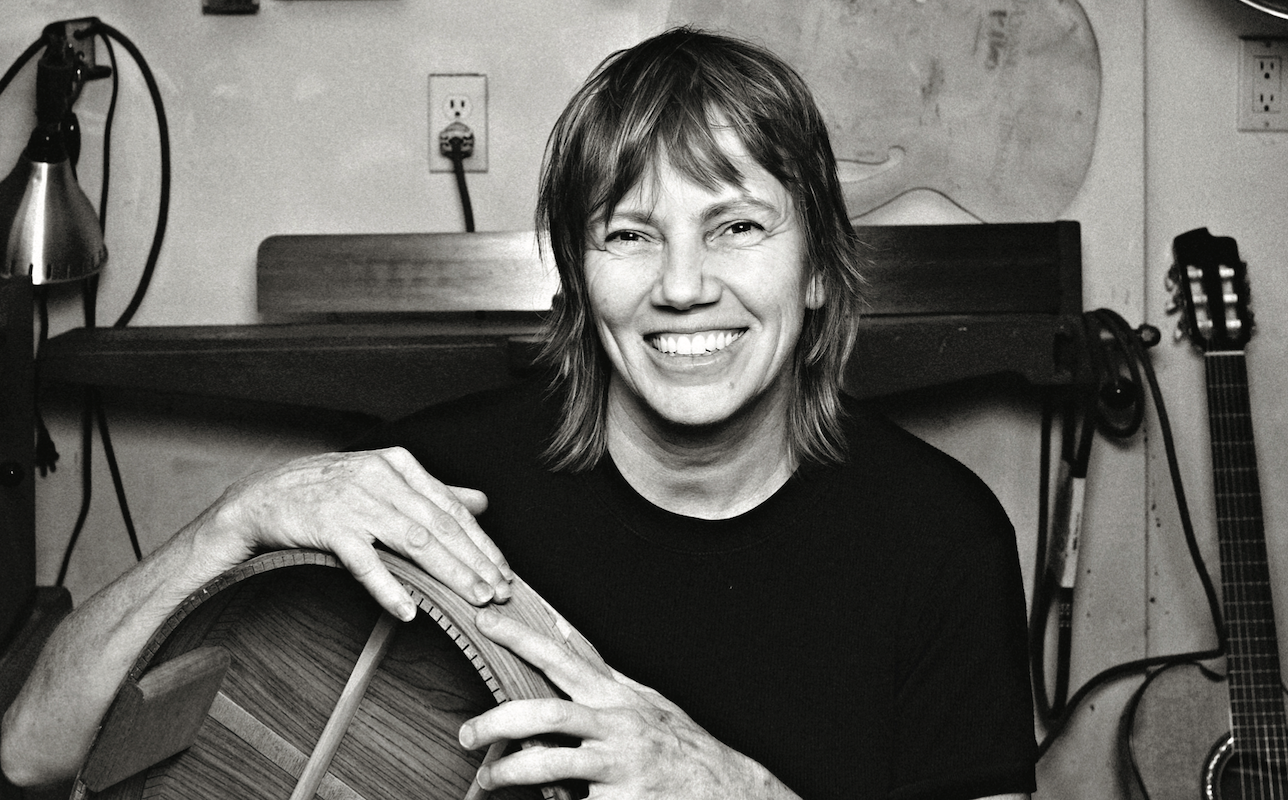From Linda Priestley, Editor-in-Chief
Often, in the collective imagination, people who reach 60 or 65— the traditional age of retirement—disappear into a kind of black hole where everyone has the same status: old. Yet between 60 and 82 (the average life expectancy at birth for Canadians), there are milestones that are as significant as those that measure our lives from birth to adulthood.
Think about it: you’d never consider putting a student entering kindergarten and a university graduate beginning a rewarding career in the same category. A lot happens over two decades, whether those 20 years are at the beginning or the end of life.
Let’s also not forget that with the gradual increase in the number of centenarians in Canada and elsewhere, the Jimmy Carters of this world will have an extra 20 years to fill and cherish. What to do with all this time? For psychologist Laura Carstensen from the Stanford Center on Longevity at Stanford University in California, there’s no doubt about our ability to make good use of it.
Despite the challenges of aging, our emotional health will be, in her view, more stable at 60, 70, 80, and older than it was when we were young. Our windows of time will be shorter, of course, but instead of discouraging us, this reality can motivate us to focus more on the present, reducing the stress related to uncertainty.
How, then, to maximize these benefits of aging? Carstensen, herself in her 70s, suggests that decision makers come up with what she calls a “new map of life.” Rather than simply extending life, she says, they should reconfigure all of life’s stages. For example, the period devoted to education could be extended to include a twoyear break during high school (or CEGEP) to allow students to do community service or take on a professional internship. Greater flexibility in professional life―reducing the workweek to four days at six hours a day, for example, or offering lighter schedules for parents of young children―would mean that workers would get to their 60s less exhausted and motivated enough to want to stay on the job longer.
Retirement, she says, shouldn’t be determined by the age of 65 but by a person’s state of health or individual preference. The idea is to allow people to go on working but at a less intense rhythm while continuing to contribute actively to society.
Can we dream of a future society in which people in their 60s, 70s, 80s, and up won’t just be old people? In which each of us can live fully and remain in good functional health for most of our lives? And in which our skills and talents, at each stage of the journey from birth to death, will be valued for the good of everyone? Why not? And who says we can’t become agents of change no matter our age?
Did You Know?
Contrary to popular opinion, older people respond well to cognitive and behavioural therapies. That’s why it’s important to make this type of care accessible to them so they can age well.






